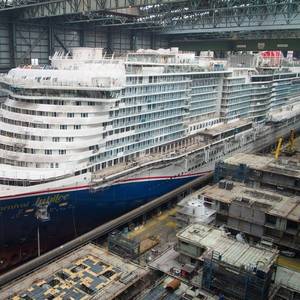
Order intake, exports, and green technology demand fuel confidence for 2025Germany’s maritime equipment and offshore supply industry is posting steady growth in 2024 and setting an optimistic course for 2025, according to new figures released by the VDMA Marine Equipment and Systems Association.With an average turnover increase of 5.
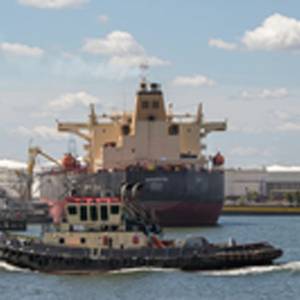
When tensions rise in the Middle East, it can be helpful to look at what is not happening as much as what is.In the crude oil market, this means focusing on the fact that so far not a single barrel of crude oil supply has been lost. It is in the interests of all involved parties that this remains the case.
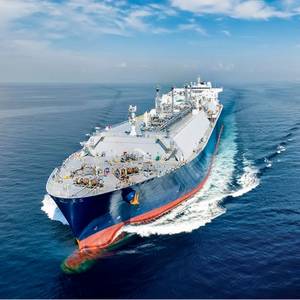
U.S. energy groups are asking President Donald Trump's administration to exempt liquefied natural gas tankers from a new rule that will require producers to move an increasing percentage of their exports on U.S.-built vessels as part of a broader push to revive domestic shipbuilding.The U.S. is the world's No.

Fast-growing energy demand is driving the need for technical support and guidance in new locations, writes Terrance Roberts, Manager, Global Business Development, ABS.Surging appetite for natural gas is accelerating the development of global and regional supply chains, with established producers seeking new markets and emerging suppliers looking to meet demand from local consumers.
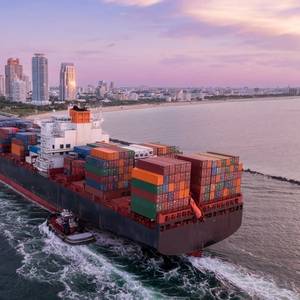
On April 17, the Trump administration shielded domestic exporters and vessel owners servicing the Great Lakes, the Caribbean and U.S. territories from port fees to be levied on China-built vessels.The Federal Register notice posted by the U.S. Trade Representative (USTR) was watered down from a February proposal for fees on China-built ship of up to $1.5 million per port call.
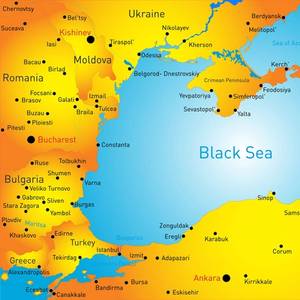
Russia said on Tuesday the U.S. had agreed to help it lift restrictions on food, fertilizer and shipping companies in exchange for agreeing to a maritime security deal in the Black Sea.The United States further said it had also agreed with Russia and Ukraine to implement a ban on military strikes on each other's energy installations.
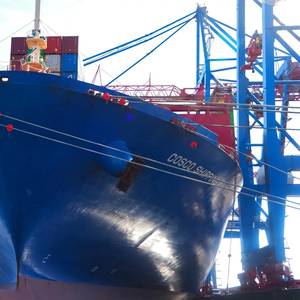
A Trump administration proposal aimed at reviving the U.S. shipbuilding industry may backfire by imposing steep fees on China-linked vessels—penalties that industry leaders say would hurt American ship operators and ports rather than help them, industry executives said at U.S. Trade Representative hearings on Monday.
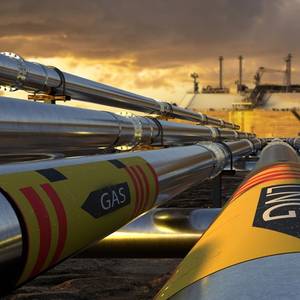
Europe soaked up most U.S. liquefied natural gas (LNG) exports for the second straight month in February, as cold weather and strong prices pushed up demand for the superchilled gas across the Atlantic, according to preliminary data from financial firm LSEG.The U.S. is the world's largest exporter of LNG and continues to play a major role in supplying Europe since Russia's invasion of Ukraine
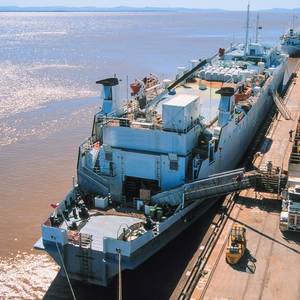
The Argentine government has authorized the export of live cattle for slaughter, reversing a prohibition that had been in place for over five decades, after the country's beef exports last year reached their highest level in a century.Argentina, famed for its beef cuts and traditional asado barbecue, is a ranching and farming powerhouse and a major exporter of processed soybeans, corn and wheat.
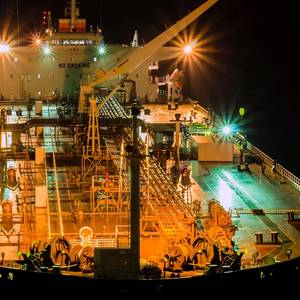
The United States imposed a fresh round of sanctions targeting Iran's oil industry on Monday, hitting more than 30 brokers, tanker operators, and shipping companies for their role in selling and transporting Iranian petroleum, the Treasury Department said.The announcement comes as U.S.
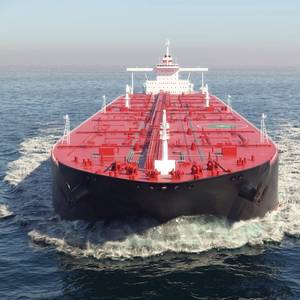
The trade of Russian oil for March-loading in Asia has slowed significantly as a growing gap between buyer and seller expectations in China has emerged. This disconnect comes amid rising costs for chartering non-sanctioned tankers following new U.S. sanctions, according to traders and shipping data.
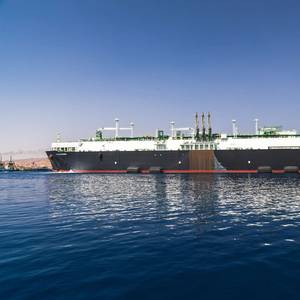
Advisers to U.S.President-elect Donald Trump are urging him to take a patient approach to restarting approvals for liquefied natural gas export licenses, fearing rapid approvals will only get overturned in court, according to two sources familiar with the discussions.The recommendations offer a preview of the challenges Trump will face as his bold campaign promises to slash regulation and